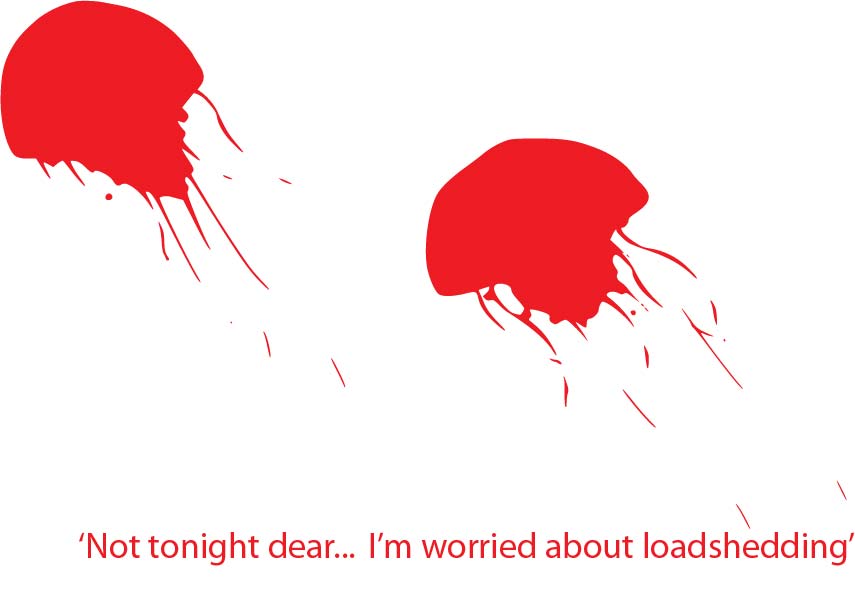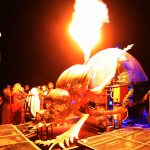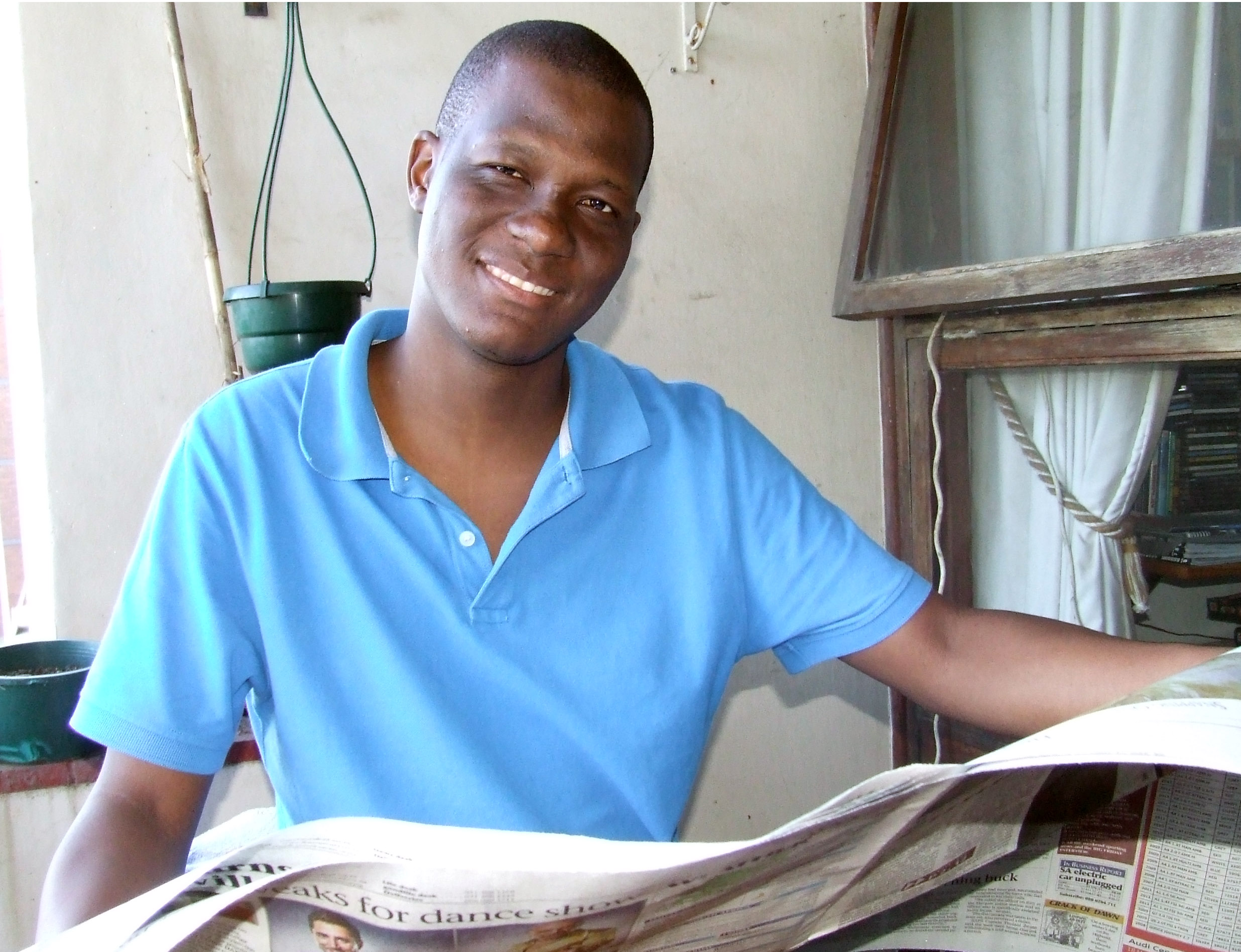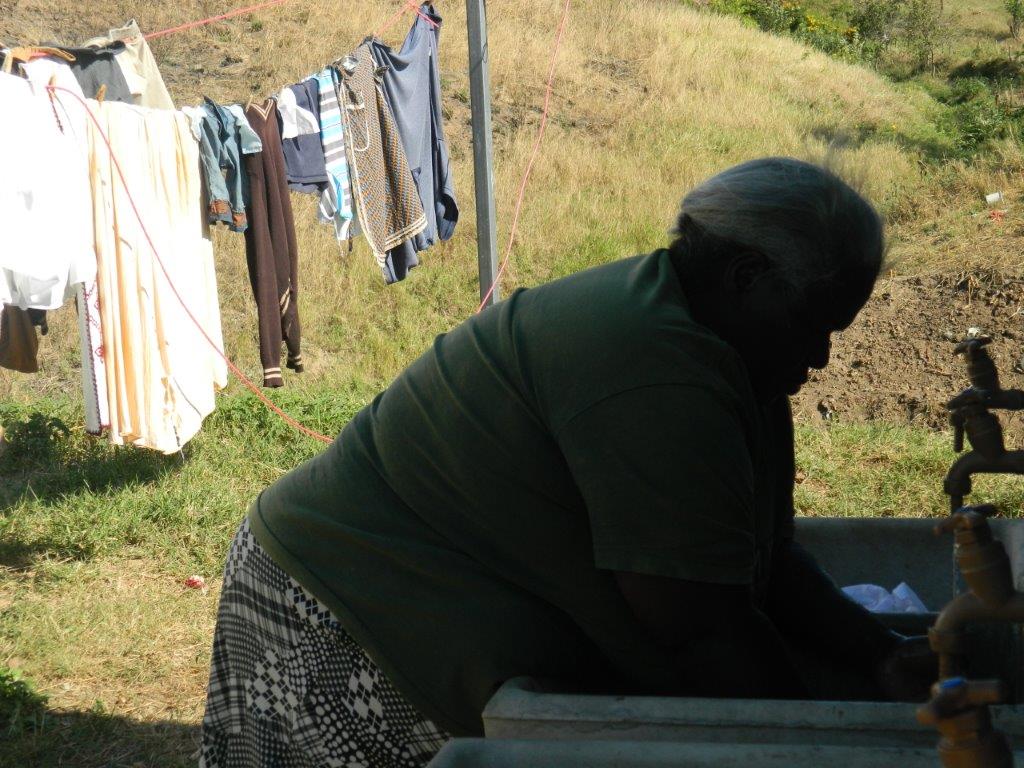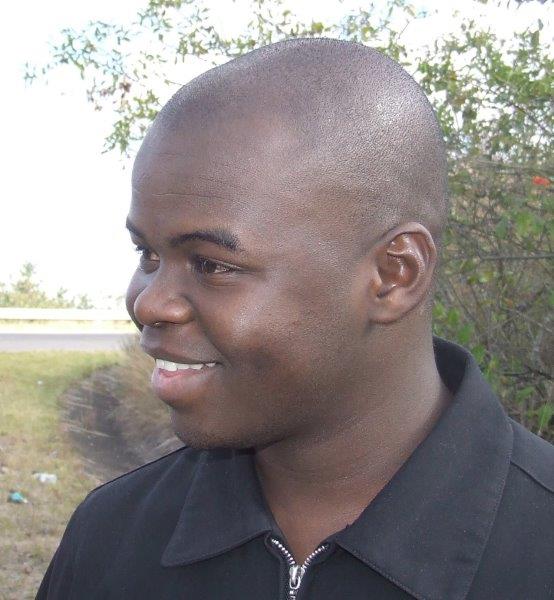Roving Reporters intern Thabiso Goba is swept away by the passion of it all at his maiden WildOceans Science Session.
MATING jelly have caused load-shedding — or at any rate, has been one of the reasons for the on-again-off-again crisis.
When it comes to mating, jellyfish swim around in blooms or swarms made up of numerous individuals, with males releasing their sperm into the water en masse. An abnormally high concentration of jellyfish semen and jellyfish stuck together have sometimes clogged turbines at the Koeberg power plant’s sea-water intake basin.
And marine biologist, Dr Deborah Robertson-Anderson, was once among a team of scientists roped in by Eskom to help solve the electricity supply problem that has confounded the South African power utility over the past decade.
This was many fascinating things I would not have got to learn, or even think about, had I not covered the recent Ocean Stewards Science Session, hosted by WildOceans at the University of KwaZulu-Natal in Durban.
As a reporter I have attended many conferences and I approach these with the same strategy: try not to fall asleep.
But this was particularly daunting. It was a science session and as a humanities student, I first felt like an imposter.
But being out of my depth, a newcomer to the subject being discussed worked in my favour. It kept me kept me on my toes, interested, fixated even, and over four days I learned about more about marine biology than I ever did my whole entire life.
I was amazed by Professor George Branch, who was able to hold the audience’s attention like an accomplished politician. I imagined how it would have felt to be on of Branch’s students, having someone as positively passionate about marine science as him deconstructing complex systems into simple syntax.
Horny
For the duration of the programme I shared a table with brilliant student scientists who promised to take up my “Why Does Seafood Make People Horny?” poser up as a future research topic.
It was interesting interacting with the young scientists and trying to figure out if they fit the stereotype as being detached from general humanity, socially awkward eccentrics.
I got into a heated debate on the theory of evolution during a lunch break when one student said humans were more related to bananas than apes. It presented a clear dichotomy of how scientists and the layman understand things. While she based her assertion on DNA evidence, I based mine on what was before my eyes.
The same student also told me that the world’s tallest waterfall is underwater (which is true by the way).
But I had obviously made a sufficiently good impression with my innocent probing to be asked to judge the FameLab competition. Its goal is to improve the communication of science; helping scientists to get their research over in simpler, clearer term. Basically, they are trying to create future George Branches.
Winners
Merissa Naidoo emerged the undisputed winner, but we judges had a tougher time deciding on the runner-up spot; which included an automatic path to the competition’s national semi-finals.
It was a split decision between a shy, soft-talking student with a brilliant idea of intersecting arts with science and a fabulous orator with a less impressive idea. In the end, we decided to go for substance over rhetoric, even though this was a speaking competition.
Who would want to be a judge?
The competition is now an annual event and I am look forward to lively debate at next year’s session and, who knows, a few fresh insights on how the bedroom habits of aquatic creatures are giving Eskom officials sleepless nights. — Roving Reporters
For more on jellyfish and their impact on power producers, check out this Science in Africa magazine story.
